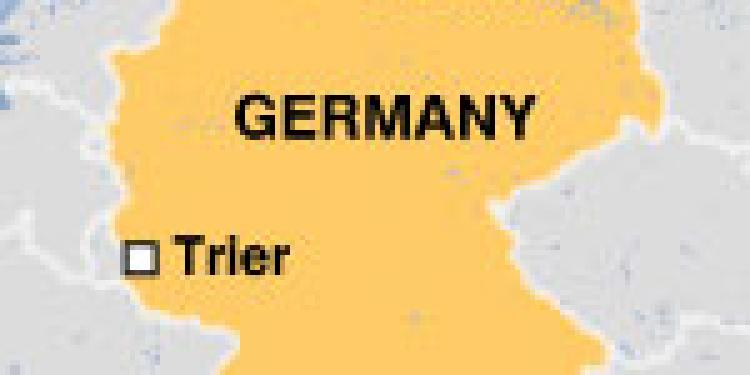German Town Exemplifies Benefits of Cooperating with Industry
Posted: July 16, 2013
Updated: July 16, 2013
Moderate tax results in 2 million tax Euros

When German gambling laws were changed two years ago to re-allow gambling, several municipalities have seized the opportunity to pass their own regulations concerning local casinos and gambling halls.
While some politicians argue for stricter rules on slots, and a few even demand to ban them, those towns that have regulated them wisely are seeing the rewards.
Considering that even with the advances made by – legal or illegal – online casinos in Germany slots generate about 56% of the gambling industry revenue, it is therefore only smart to apply sensible regulations to brick-and-mortar casinos and gambling halls, in order to reap some significant tax income.
A good example for smart regulations is the town of Trier (also called Treves) in the west of Germany. When councilors there legalized gambling establishments, they estimated that the local budget could be hundreds of thousands richer.
“In those days, we very conservatively estimated additional revenue of around 400,000 euros, but these have been exceeded,” says a spokesman for the Trier administration.
In fact, it has been exceeded so much, that as a recently released financial report shows, revenue from the entertainment tax rose from EUR 600,000 in 2010 to around EUR 2,700,000 last year, including slots as well as amusement-only machines. The town achieved this by levying a rather competitive 12% tax rate on gambling equipment, replacing an earlier flat-fee approach.
The profits continue to arrive to the treasury. “So far, in 2013 the entertainment tax on equipment with or without prizes has amounted to EUR 1.1 million,” confirms the unnamed town official.
“With the 12 percent we can live very well,” says regional gambling hall businessman Peter Baur, referring to tax rates that reach 20% in some other German localities.
As online and mobile casino gambling have been drawing players away from real casinos, the municipalities and land-based gambling operators in Germany are increasingly aware that they must work together to ensure the industry’s sustainable development.












